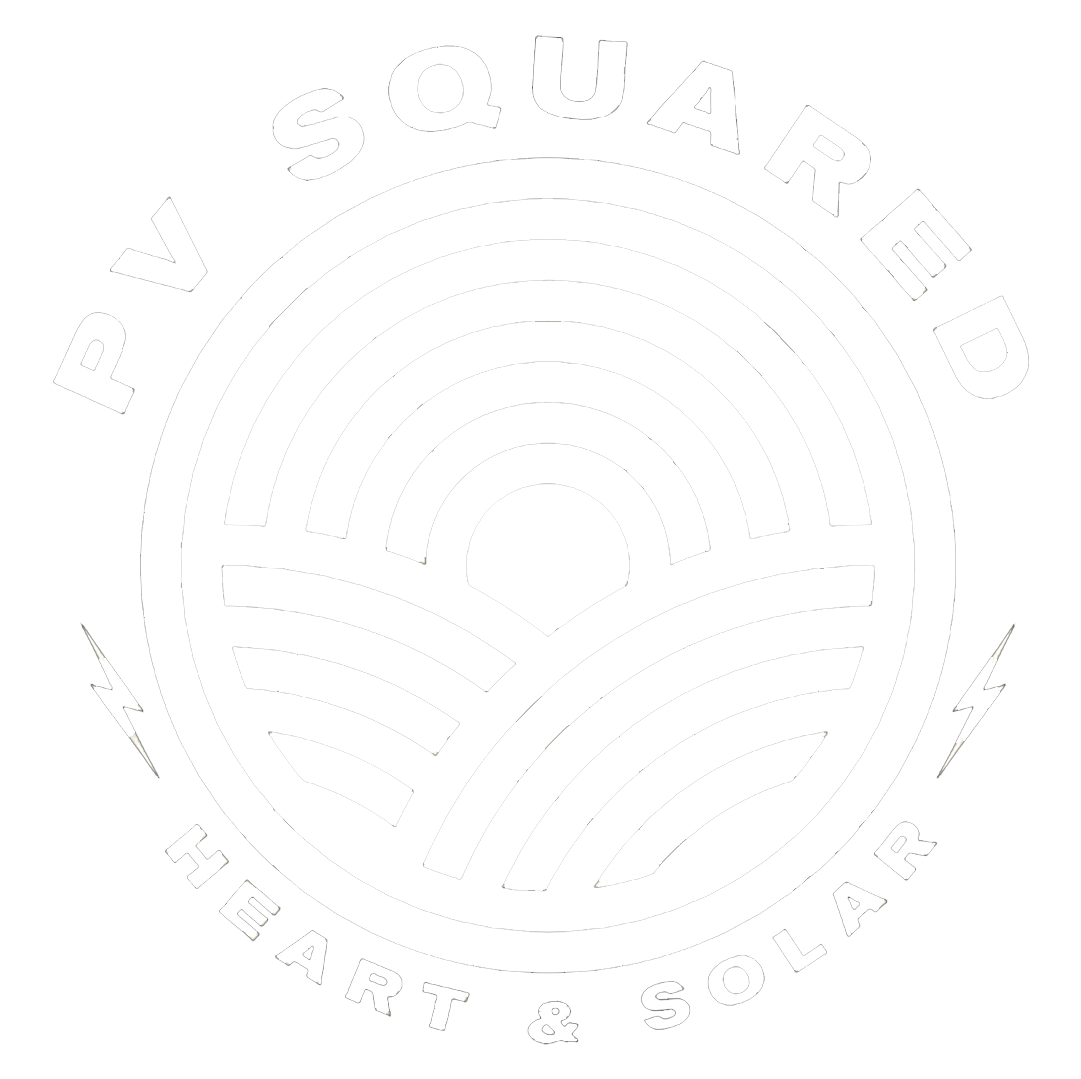What are you waiting for? Why solar is a good investment.
By Stacy Metzger //
Solar is great for the environment, and it also makes great financial sense. A solar project with PV Squared offers a safe, reliable, and socially responsible investment opportunity: You can offset your fixed energy costs with a system that will pay for itself quickly, and offer ongoing savings and return on investment over the next several decades.
Working with PV Squared, you can expect your initial investment to be repaid well before the end of the warranty period, giving you years of warranty-backed performance on a project that has already paid for itself.
The economic benefits working with PV Squared include:
- Electric bills significantly reduced or erased entirely, with the potential to transfer energy credits to additional utility accounts.
- High rates of return on investment, often outperforming socially responsible investment options.
- Almost all projects achieve payback in less than 10 years, and sometimes in less than 5 years, all while under warranty.
- Measurable increases in your property’s resale value.
The first thing most people think of when considering solar is savings on their electric bills. This typically happens through a process known as Net Metering, with the energy produced by your system showing up as a credit on your monthly bill. Here in Massachusetts, and in many other states, you can also earn additional production incentives for making renewable energy (e.g. SRECs), adding to the economic value of the energy produced.
Additionally, renewable energy projects are currently eligible for a federal tax credit valued at 30% of project costs, with no cap on the amount of credit available. Other tax incentives may apply as well – there are state tax credits for projects at your primary residence, potential exemptions from sales tax on equipment, and accelerated depreciation schedules for commercial projects.
You can pay for solar via several mechanisms. You can reposition a low-yield investment or put a recent windfall to work with a smart, low-risk investment in solar. If you have access to capital and invest in a solar project, you’ll avoid any costs associated with financing, and have access to all the financial benefits of the system from day one.
Both traditional home equity loans and solar specific loan options are great ways to invest in solar with little or no money down. Typically, the project savings and incentives will more than cover the annual costs of the loan, and allow you access to all the financial benefits of ownership.
Solar leases and Power Purchase Agreements are approaches where a third party owner provides funds to build the system, and you make ongoing payments that entitle you to the system’s energy benefits. This approach is more common in situations where the available tax credits would not be of benefit to a system owner, or on commercial project sites.
